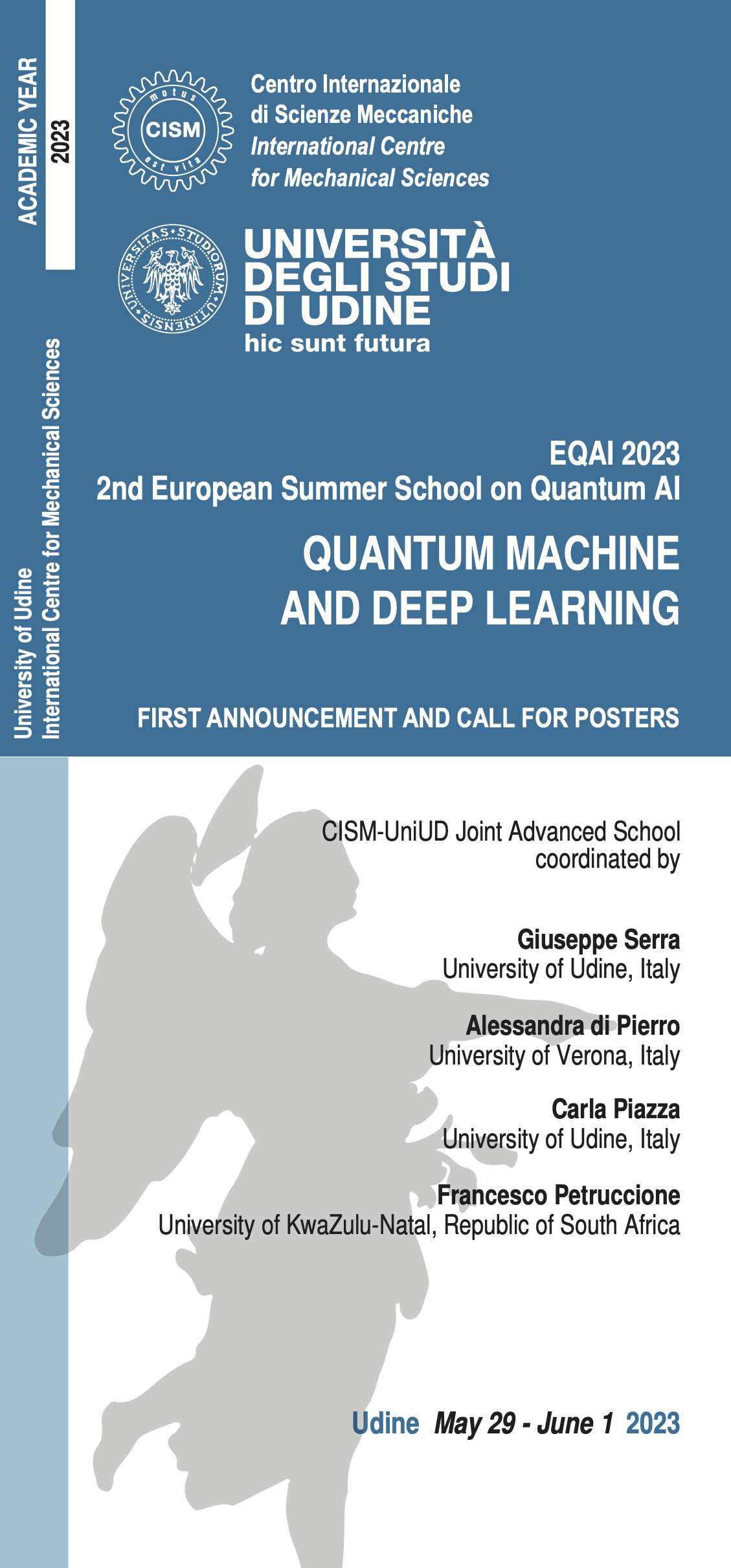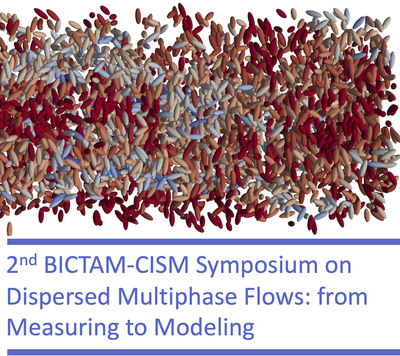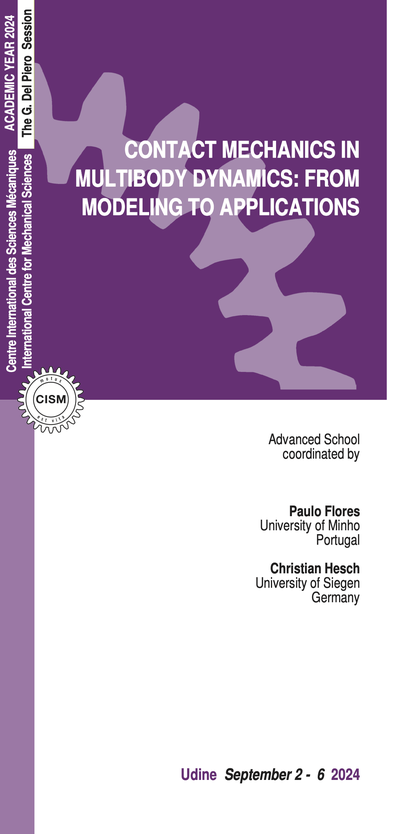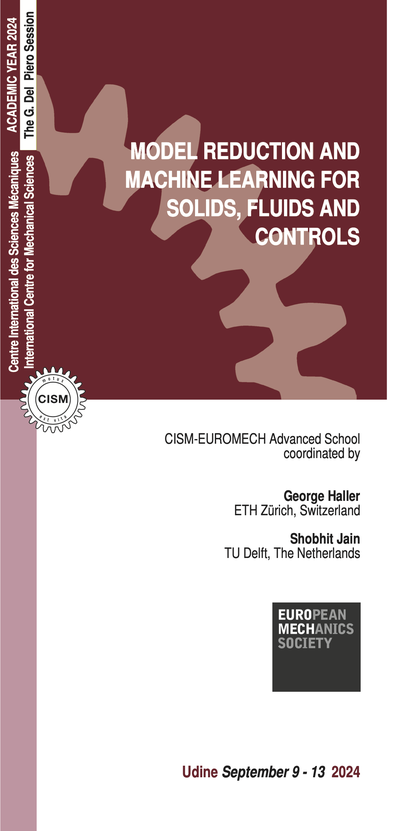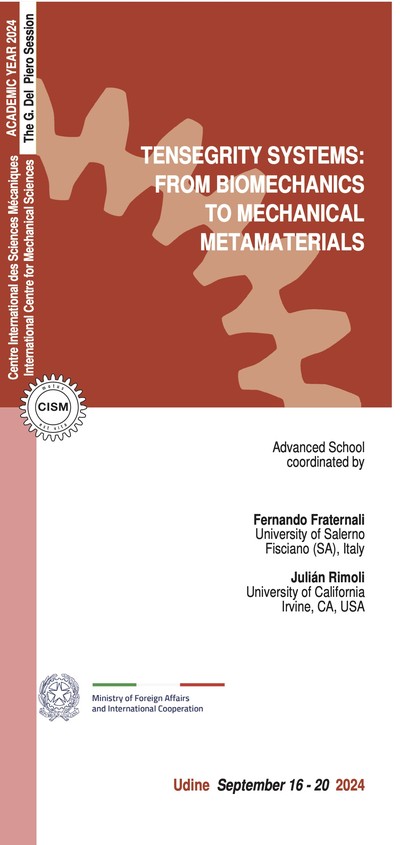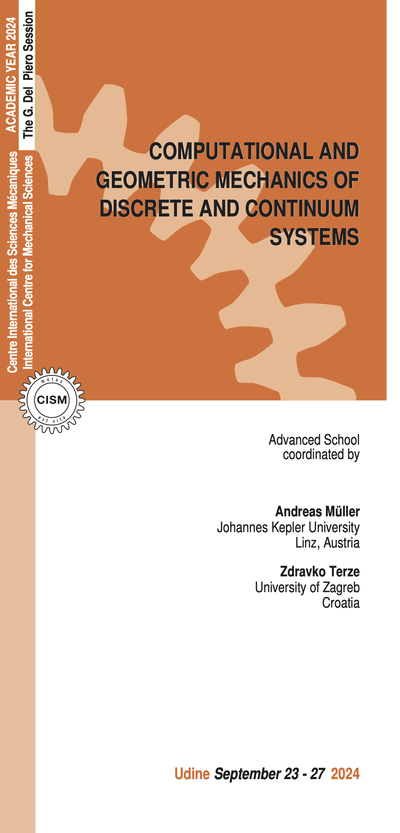MOTIVATION
Quantum computing is a rapidly evolving field with the potential to transform many areas of science and technology. Quantum Machine Learning, which is the application of quantum computing to ML tasks, is an emerging field that has already shown promising results in some applications and a promising future for Artificial Intelligence at large. These technologies could allow incredible advancements in various fields, tackling various issues such as complex physical simulations and optimization problems. This summer school aims to help students and researchers to learn about the latest developments in this field and provide a platform to discuss new ideas and applications.
It is crucial to study ways to develop efficient and effective Quantum ML algorithms to take advantage of these new technologies, which have the potential to revolutionize the way we approach problems and make significant progress in areas such as drug discovery and material science, and optimization. Quantum ML is an interdisciplinary field that requires expertise from multiple areas, including physics, mathematics, information theory, and computer science. By bringing together experts in these fields and quantum enthusiasts from both academia and industry, the summer school aims to foster collaboration and cross-disciplinary thinking.
There are also a lot of open challenges in quantum ML. While small-scale quantum ML is possible, scaling it to larger datasets is extremely challenging due to limited physical memory and the noisiness of current quantum computers. Therefore, it is of utmost importance to spread knowledge about this topic and involve new researchers who can contribute to its progress.
OBJECTIVE
Following the success of the first edition, this summer school aims to provide an objective and clear overview, as well as an in-depth analysis, of the state-of-the-art research in Quantum Machine Learning and Deep Learning.
The courses will be delivered by world renowned experts in the field, from both academia and industry, and will cover both theoretical and practical aspects of real problems.
The school aims to provide a stimulating opportunity for young researchers, Ph.D. students, and quantum enthusiasts coming from both industry and academia. The participants will benefit from direct interaction and discussions with experts in this field.
Participants will also have the possibility to present the results of their research and to interact with their scientific peers in a friendly and constructive environment.
A BRIEF CONTEXT
Over the last century, the introduction of computers has drastically transformed the world of science, technology, and society. The first computer, developed around the 20th century, was incapable of performing computations on its own. However, today, compact devices can solve complex problems instantaneously and accurately, given the appropriate inputs and instructions. While computers and their components have been continually optimized for performance, speed, and size, we are now approaching the point where the only way to enhance their computational power is to work at atomic levels. Although this presents both tremendous potential and substantial challenges, quantum computing offers a solution. This new kind of computing, which is based on quantum mechanics, utilizes subatomic particles, such as atoms, electrons, and photons, as bits, exploiting their probabilistic nature. Quantum computers can solve any problem that classical computers can and vice versa, but they can do so with reasonably lower time complexities, leading to what is known as "Quantum Supremacy." Since in classical machine learning, the model performance is related to the size of the training dataset and the allotted training time, quantum machine learning enables us to train models on larger datasets while overcoming current time constraints. While QML is still a nascent field, there have already been some promising examples where it has shown significant potential, e.g., for image classification and part-of-speech tagging.
CALL FOR POSTERS
EQAI aims to be a stimulating space for PhD students, researchers, and industry professionals with an interest in QML applications. The Poster Session is an excellent opportunity for students and researchers to present their results and ideas on Quantum Machine Learning and related topics. This is an occasion to interact with scientific peers in a constructive environment, and for industry and academia to share ideas on future developments and practical applications of the research.
All participants in the EQAI summer school may submit a poster to present their research activity. Posters on Quantum-related topics are preferred, but other AI/ML topics are welcome to encourage building bridges between different disciplines.
We will reserve a suitable space for the on-site students to show their posters at the summer school’s location (CISM).
Poster Guidelines
The poster should be written in English and sent to info@cism.it and info.eqai@gmail.com by May 15 in a printable A1 format (.pdf or .jpg 300dpi), preferably horizontal.
Specifications:
- Title: Unicode character set
- Author List: in the format “Surname1 N1., Surname2 N2, ...” - Abstract: each poster should contain an abstract, max 500 characters
- Size: 594 mm tall x 841 mm wide (A1 format)
For the on-site participants:
To take part in the poster session, you will need a physical copy of the poster. CISM can arrange the poster printing in Udine if the poster will be sent to info@cism.it by May 10. Please note that all posters sent after the deadline cannot be taken into consideration for printing.
The printing price here in Udine is 12 EUR: payment can be made at CISM via VISA or MC Credit card or ATM card (NO CASH).
Further information is available at http://eqai.eu/
A Gentle Introduction to Quantum Computing
The lecture introduces the basic concepts of quantum computing to a non-specialist audience. No prior knowledge of quantum mechanics will be assumed. We will start by introducing the two main architectures: quantum annealing and universal quantum gate model. Then, we will introduce the qubit and study its properties. Finally, we will look into simple algorithms.
An introduction to Kernel Methods and Deep Neural Networks
This lecture will give an introduction to the fundamental concepts and algorithms at the core of two major paradigms in Machine Learning, namely Kernel Methods and Deep Neural Networks (DNNs). In the first part, we will discuss the basic concepts and algorithms in Kernel Methods, including positive definite kernels, feature maps, the associated reproducing kernel Hilbert spaces (RKHS), Support Vector Machine, and approximate methods such as the random Fourier features.Basic concepts of Statistical Learning Theory will be covered, including generalization error and VC dimension, which lead to fully rigorous theoretical justifications for algorithms in this setting. In the second part, we will discuss basic concepts from DNNs, including the most common architectures and training algorithms, as well as some of the re- cent theoretical results on their mathematical foundations. We will also discuss the connection between the two paradigms of DNNs and Kernel Methods via the neural tangent kernel.
Hybrid variational quantum algorithms: how to make them work
After recapping the basic idea behind variational quantum algorithms we will spell out some ingredients to make them work. These include the choice in cost function, expressibility and trainability. The latter we will focus on, introducing barren plateau phenomenon and exploring its causes.
Machine learning with quantum software
In this introductory tutorial, we will explore how various quantum softwares are set up and how to code quantum machine learning models in them. More specifically, we will look at Pennylane and Tensorflow quantum in detail. For both softwares, we will explore their underlying structure, how data is embedded into quantum states, how variational quantum models are setup, how optimization and gradient routines are carried out and how machine learn- ing problems can be expressed using quantum learning models.
Introduction to the Qiskit framework and its application in machine learning
We will introduce Qiskit as the software of choice for program- ming quantum computers. Qiskit is a powerful platform that empowers users to define and create quantum circuits that can be utilized for machine learning and optimization purposes. With Qiskit, users can define and create quantum circuits that are tailored to their needs and can be utilized for a variety of applications, including machine learning and optimization. As we move forward in the subsequent lectures, Qiskit will be an essential tool that we will rely on to explore the power of quan- tum computing. Its extensive documentation and sample codes make it an ideal companion that will enable you to grasp the concepts and techniques of quantum computing with ease.
We will also explore how Qiskit can be utilized to implement machine learning pipelines based on quantum kernel technique
Introduction to quantum reservoir computing
Quantum reservoir computing is a quantum machine learning protocol that shows great promise for implementation in the near future using state-of-the-art technologies, and its simplicity allows it to be implemented across a broad range of experimental scenarios. The basic principle involves utilizing a complex, untrained evolution to scramble input data in such a way that target functions become more accessible in the readout stage. We will delve into the intricacies that arise when translating classical reservoir computing schemes to the quantum domain, together with potential solutions and future prospects.
Introduction to quantum algorithms for differential equations
For the solution of differential equations, quantum computers have an exponential advantage over classical computers. This lecture addresses the questions where does this quantum advantage come from and how can we make use of it using current and future quantum computers. With respect to current quantum devices, useful machine learning-related techniques are presented for solving differential equations on noisy quantum hardware.
Thresholds for quantum advantage in sampling and optimization
Sampling and optimization are anticipated applications of quantum computers. In this lecture, I will introduce new algorithms for sampling and re-visit established ones under a practical perspective, i.e. considering the effect of the unavoidable quantum measurements noise or taking into account the gate frequency constraint in the future fault-tolerant regime. As a pedagogical example, I will discuss cases of end-to-end quantum resource estimates in the realm of quantum finance, where one is especially interested in assessing the runtime to solve a typical, concrete problem, beyond traditional asymptotic scaling assessments.
Introduction to kernel methods in quantum machine learning
This lecture delves into the concept of quantum kernels and their application in machine learning. By leveraging the principles of quantum mechanics, quantum kernels allow for the efficient and accurate handling of high-dimensional data sets. We will explore the mathematical foundations of quantum kernels and their potential applications in improving the performance of various machine learning algorithms, as well as their limitations. Additionally, we will discuss the current state of research in this field and the potential for quantum kernels to play a significant role in the future of machine learning.
The course is offered in a hybrid format giving the possibility to attend the course also by remote (on Microsoft Teams platform).
On-site places are limited and assigned on first come first served basis.
The registration fees are:
- On-site participation, 450.00 Euro + VAT*
This fee includes a complimentary bag, five fixed menu buffet lunches, coffee breaks, downloadable lecture notes.
Deadline for on-site application is April 29, 2023.
- Online participation, 300.00 Euro + VAT*
This fee includes downloadable lecture notes. Deadline for online application is May 15, 2023.
Course application is available at https://www.cism.it/en/activities/courses/J2302/
A message of confirmation will be sent to accepted participants.
Upon request a limited number of on-site participants can be accommodated at CISM Guest House at the price of 35 Euro per person/night (mail to: foresteria@cism.it).
CANCELLATION POLICY
Applicants may cancel their registration and receive a full refund by notifying CISM Secretariat in writing (by email) no later than:
- April 29, 2023 for on-site participants (no refund after the deadline);
- May 15, 2023 for online participants (no refund after the deadline).
Cancellation requests received before these deadlines will be charged a 50.00 Euro handling fee. Incorrect payments are subject to Euro 50,00 handling fee.
* where applicable (bank charges are not included) Italian VAT is 22%.
